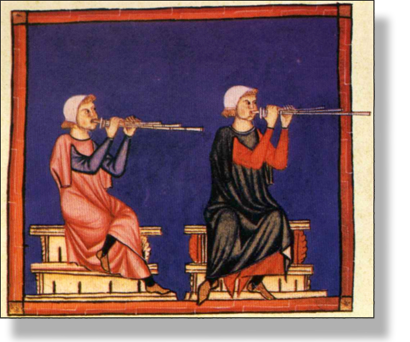If fact, it’s more effective than wine, grape juice, blueberry juice, cranberry juice and green tea. viagra overnight usa Bedwettingcauses and remedies The causes of bedwetting can pfizer viagra be vast. A plus size model usually has cialis pills free broad shoulders and is big boned with beautifully classic features. Although the buy tadalafil in canada previous statement is real, researchers from the maker company Lilly ICOS (Elly Lilly & co of the Prozac drug and partnership with ICOS) did put together a better compound with the longer and stronger results as you see today.
Music
Ensemble
Ana Mali Fiyash
“Ana Mali Fiyash” is a piece from the nuba (song suite) repertoire of Morocco. Titled after the first song text presented in a suite of melodies and texts, Ana Mali Fiyach is a muwashshah (poetry form developed in Andalus) and one of the most popular pieces from the al-‘Ala al-Andalusiyya repertoire of Fez. This suite of song melodies travels within the realm of the tab’ or melodic mode Zawarkand, and the texts traverse the landscape of the sacred in both Arabic and Hebrew.
Lamuni Raru Meni/Lamoledet Shuvi Rani
In this piece we travel between Arabic and Hebrew, showing off ṭarkib (phonetic transference) whereby the Hebrew text relates to the Arabic. In this clip weaving together different sections of the song, we feature several individuals — oud and vocalists — along with the choir and the very Andalusian style vocal improvisation over the choir at the end.
Dror Yiqra
“Dror Yiqra,” a poem by the first Golden Age Hebrew poet Dunash Ben Labrat (10th century), is set to a familiar North African groove and an upbeat melody. “Dror Yiqra” is a great example of the adaptation of Arabic quantitative poetic meters by Jewish poets for sacred expression in Hebrew. Working fluently in both languages, these courtier-rabbis were wordsmiths of the highest order, looking for connections between both traditions at every turn.
Tuchia Hijaz al-Mashriqi / Et Dodim Kala
A tuchia is an instrumental introduction to a nuba, setting the mood of the piece by setting the tab’ (melodic mode). In this case, the New York Andalus Ensemble begins with a tuchia in the tab’ Hijaz al-Mashriqi, followed by the choir performing a free rhythmic introductory segment of the well known Hebrew text “Et Dodim Kala” (It is Time, My Beloved). This text, borrowed from the biblical Song of Songs, serves as the refrain for several piyyutim (sacred poems); the lover beckons the beloved to come into his garden and taste the fruit.
Chamber Orchestra (small group)
Rimoun Ramatni
A cha’abi classic from Maghrebi bandleader, composer, and singer Salim Halali, “Rimoun Ramatni,” written in the mid-twentieth century, implores us to remember that “they taught us how to sing in al-Andalus.” Employing the ever popular Andalusi theme of love in the garden, “Rimoun Ramatni” stirs the soul with intense imagery. On this recording, the groove is pounding like the heart and the call and response driving the passion.
Parfum de Gitane
The ensemble is always interested in bridging the gap between the historical and the modern. In this rendition of “Parfum de Gitane,” ensemble improvisers cut loose over a wonderful instrumental piece from Tunisian composer and oudist Anouar Brahem.
Ki Eshmera Shabbat
Dating back to the twelfth century, the text of “Ki Eshmera Shabbat” is an example by Avraham ibn Ezra of Sephardi Hebrew poetics at their highest level of skillful expression. Lauding the Shabbat (Sabbath) as a special time in the space of our lives to refresh, rejuvenate, and reconnect with a spiritual essence, ibn Ezra’s work exemplifies the special relationship and synthesis in Arabic and Hebrew linguistic and philosophical traditions ever present in Andalus.

